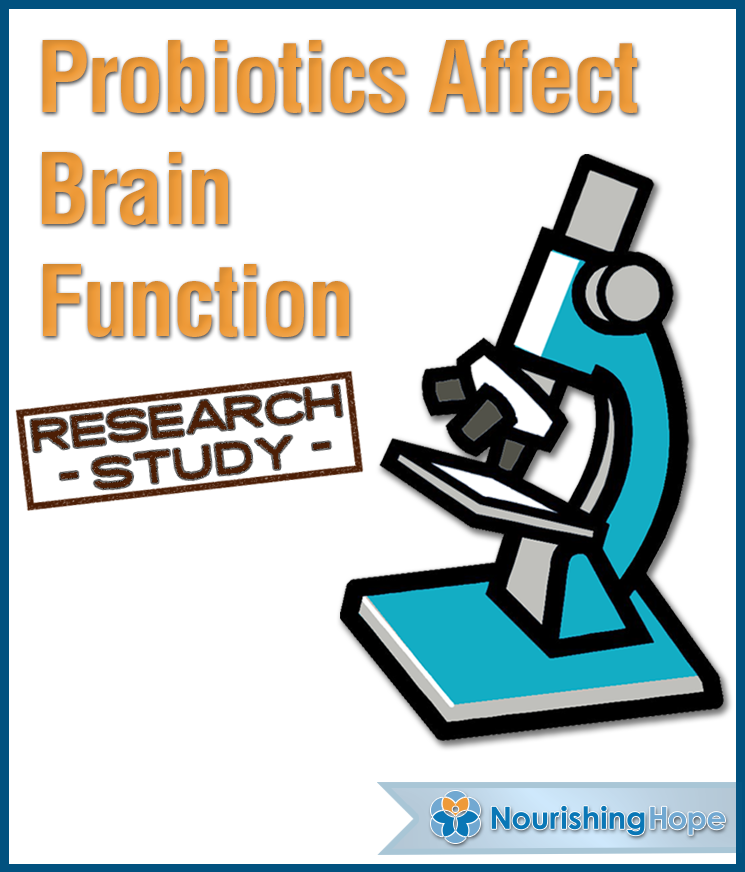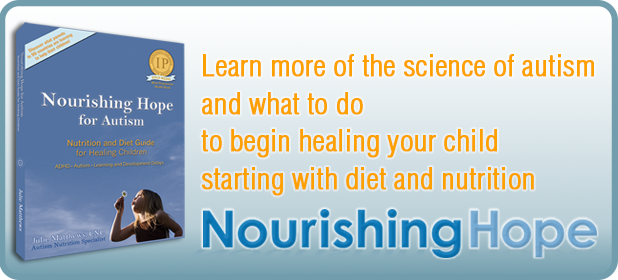A recent study on women showed that probiotic bacteria positivity affect emotion and brain function in many areas.

Dr. Tillisch states “Time and time again, we hear from patients that they never felt depressed or anxious until they started experiencing problems with their gut.” It has long been known there is a gut-brain connection, and this recent study shows the gut–brain connection “is a two-way street,” according to author Dr. Kirsten Tillisch. As reported by UCLA, Dr. Tillisch states further, “Researchers have known that the brain sends signals to the gut, which is why stress and other emotions can contribute to gastrointestinal symptoms. This study shows what has been suspected but until now had been proved only in animal studies: that signals travel the opposite way as well.”
Thirty-six women in the study were divided in into three groups: one group ate a yogurt containing a mix of probiotics (Bifidobacteriumanimalis subsp Lactis, Streptococcus thermophiles, Lactobacillus bulgaricus, and Lactococcus lactis subsp Lactis twice a day for four weeks); another group consumed a dairy product that looked and tasted like the yogurt but contained no probiotics; and a third group ate no product at all.
The researchers found that the brain effects from the probiotic food could be seen in many areas, including those involved in sensory processing and those associated with emotion.
This research on women holds good potential for understand the role of probiotics in children with autism, ADHD, and other neurological conditions. We know that children with autism have different strains and levels of good bacteria from neuro-typical children. It makes sense that this bacteria imbalance could play a role in disordered brain function. Further study needs to be done looking at the role of good bacteria in children, and how it may affect symptoms of autism, ADHD (attention and hyperactivity), mood (anxiety and depression), and sensory processing disorders.
In full disclosure: The study was conducted by researchers out of UCLA, in conjunction with funding and researchers from Danone Research (Group Danone, is the parent company of Dannon yogurt).
Study Citation: Kirsten Tillisch, Jennifer Labus, Lisa Kilpatrick, Zhiguo Jiang, Jean Stains, Bahar Ebrat, Denis Guyonnet, Sophie Legrain–Raspaud, Beatrice Trotin, Bruce Naliboff, And Emeran A. Mayer. “Consumption of Fermented Milk Product With Probiotic Modulates Brain Activity.”
Gastroenterology 2013;144:1394–1401.

 Dr. Tillisch states “Time and time again, we hear from patients that they never felt depressed or anxious until they started experiencing problems with their gut.” It has long been known there is a gut-brain connection, and this recent study shows the gut–brain connection “is a two-way street,” according to author Dr. Kirsten Tillisch. As reported by UCLA, Dr. Tillisch states further, “Researchers have known that the brain sends signals to the gut, which is why stress and other emotions can contribute to gastrointestinal symptoms. This study shows what has been suspected but until now had been proved only in animal studies: that signals travel the opposite way as well.”
Thirty-six women in the study were divided in into three groups: one group ate a yogurt containing a mix of probiotics (Bifidobacteriumanimalis subsp Lactis, Streptococcus thermophiles, Lactobacillus bulgaricus, and Lactococcus lactis subsp Lactis twice a day for four weeks); another group consumed a dairy product that looked and tasted like the yogurt but contained no probiotics; and a third group ate no product at all.
The researchers found that the brain effects from the probiotic food could be seen in many areas, including those involved in sensory processing and those associated with emotion.
This research on women holds good potential for understand the role of probiotics in children with autism, ADHD, and other neurological conditions. We know that children with autism have different strains and levels of good bacteria from neuro-typical children. It makes sense that this bacteria imbalance could play a role in disordered brain function. Further study needs to be done looking at the role of good bacteria in children, and how it may affect symptoms of autism, ADHD (attention and hyperactivity), mood (anxiety and depression), and sensory processing disorders.
In full disclosure: The study was conducted by researchers out of UCLA, in conjunction with funding and researchers from Danone Research (Group Danone, is the parent company of Dannon yogurt).
Study Citation: Kirsten Tillisch, Jennifer Labus, Lisa Kilpatrick, Zhiguo Jiang, Jean Stains, Bahar Ebrat, Denis Guyonnet, Sophie Legrain–Raspaud, Beatrice Trotin, Bruce Naliboff, And Emeran A. Mayer. “Consumption of Fermented Milk Product With Probiotic Modulates Brain Activity.” Gastroenterology 2013;144:1394–1401.
Dr. Tillisch states “Time and time again, we hear from patients that they never felt depressed or anxious until they started experiencing problems with their gut.” It has long been known there is a gut-brain connection, and this recent study shows the gut–brain connection “is a two-way street,” according to author Dr. Kirsten Tillisch. As reported by UCLA, Dr. Tillisch states further, “Researchers have known that the brain sends signals to the gut, which is why stress and other emotions can contribute to gastrointestinal symptoms. This study shows what has been suspected but until now had been proved only in animal studies: that signals travel the opposite way as well.”
Thirty-six women in the study were divided in into three groups: one group ate a yogurt containing a mix of probiotics (Bifidobacteriumanimalis subsp Lactis, Streptococcus thermophiles, Lactobacillus bulgaricus, and Lactococcus lactis subsp Lactis twice a day for four weeks); another group consumed a dairy product that looked and tasted like the yogurt but contained no probiotics; and a third group ate no product at all.
The researchers found that the brain effects from the probiotic food could be seen in many areas, including those involved in sensory processing and those associated with emotion.
This research on women holds good potential for understand the role of probiotics in children with autism, ADHD, and other neurological conditions. We know that children with autism have different strains and levels of good bacteria from neuro-typical children. It makes sense that this bacteria imbalance could play a role in disordered brain function. Further study needs to be done looking at the role of good bacteria in children, and how it may affect symptoms of autism, ADHD (attention and hyperactivity), mood (anxiety and depression), and sensory processing disorders.
In full disclosure: The study was conducted by researchers out of UCLA, in conjunction with funding and researchers from Danone Research (Group Danone, is the parent company of Dannon yogurt).
Study Citation: Kirsten Tillisch, Jennifer Labus, Lisa Kilpatrick, Zhiguo Jiang, Jean Stains, Bahar Ebrat, Denis Guyonnet, Sophie Legrain–Raspaud, Beatrice Trotin, Bruce Naliboff, And Emeran A. Mayer. “Consumption of Fermented Milk Product With Probiotic Modulates Brain Activity.” Gastroenterology 2013;144:1394–1401.





It’s so fascinating to see what an amazing impact our food can have not just on our bodies, but on our brains as well. Interesting that this affected sensory processing as well.
The Gut Brain connection is always so powerful! thanks for sharing this research Julie!